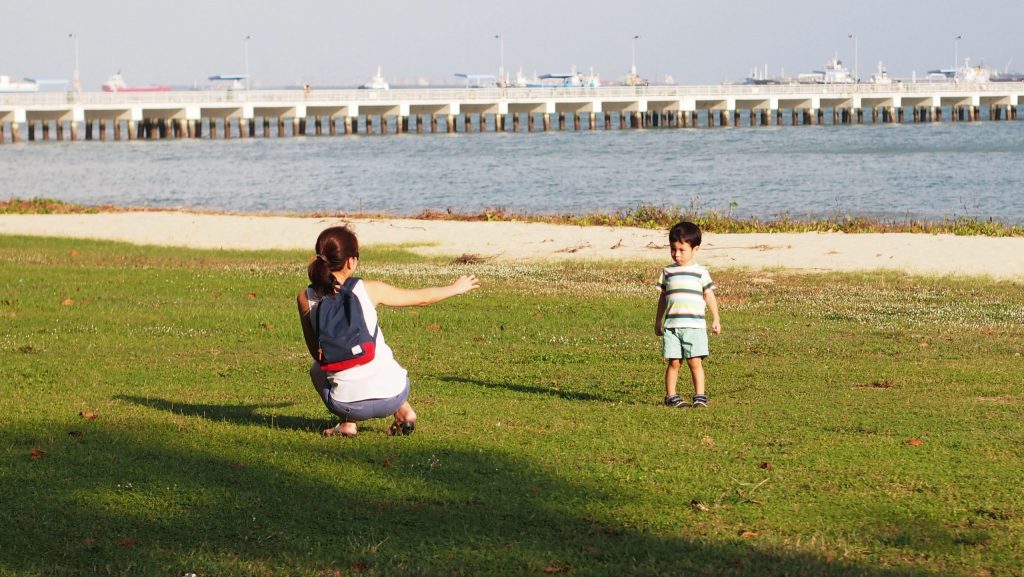Drop Middle-Class Judgement of Low-Income Parenting
October 11, 2021

In ‘Drop Middle-Class Judgement of Low-Income Parenting’ (The Straits Times, October 2021), Associate Professor Irene Ng (NUS Social Work and Social Service Research Centre), Mr Joshua Khoo (MWS Family Service Centre, Yishun), and Ms Nicole Ng (Safe Place, Lakeside Family Services) call for institutional changes to address the root causes of the differences in parenting strategies between parents with a high or middle socioeconomic status and parents of lower socioeconomic status.
The authors point out that parents with a high or middle socioeconomic status often have the necessary economic resources to send their children for extracurricular activities such as tuition and academic enrichment classes, and programs aimed at developing a child’s sporting or artistic talents. On the other hand, the parenting strategies of parents with a lower socioeconomic status are often limited by their financial constraints, which in turn limits the range of enrichment and extracurricular activities their children have access to. The authors define the difference in parenting strategies because of the difference in socioeconomic status as the ‘parenting divide’.
The authors argue that the differences in parenting strategies create a virtuous cycle because children whose parents have a high or middle socioeconomic status have greater access to enrichment and extracurricular activities. These children are afforded more opportunities to cultivate their talents, which also improves the range of economic opportunities they have access to in the future. This virtuous cycle maintains the divide between different socioeconomic classes. The authors assert that if such fault lines continue to exist in our society, then this could widen the parenting divide between socioeconomic classes.
To illustrate how an individual’s financial constraints affect their parenting strategies, A/P Ng, Ms Ng, and Mr Khoo recount the stories of ‘Harold’ and ‘Luqman’, compare their approaches to parenting, and discuss the extent to which their socioeconomic status affected the parenting strategies they adopted. These stories were the result of comprehensive interviews conducted by A/P Ng and her research team for ‘Growing Up Poor(ly): Intergenerational Class-based Parenting Logic’ (Journal of Family Studies, 2021), a study investigating the relationship between socioeconomic status and parenting logic.
Harold was highly involved in his children’s education and emotionally engaged in his children’s lives. On the other hand, Luqman normalized his absence with his children because of his long working hours and fixed schedule. Harold’s upbringing compelled him to be more involved in his children’s lives while Luqman readily accepted his absence from his children’s lives because his father was perceived as absent from his childhood. These sample stories demonstrate how socioeconomic status affects parenting strategies, and how it maintains the parenting divide by compelling individuals to replicate the parenting strategies that were applied to them.
While initiatives aiming to bring these extracurricular activities to children from low-income household can close the privilege gap, the authors call for institutional changes to address the root cause of the problem — societal and power structures that inadvertently maintain the stratification between socioeconomic classes in Singapore. They cite Singapore’s large shadow tuition industry inflexible working hours, and poor leave benefits as examples. In conclusion, she asserts that financial and economic resources determine the type of parental strategies that individuals adopt. Parents of lower socioeconomic status adopt parenting strategies that accommodate their need to provide for their family and to alleviate structural conditions that have disadvantaged them. The authors recommend greater empathy towards these parenting strategies and advocate for institutional changes that seek to address societal and power structures that maintain social and income inequality, and the parenting divide.
Read ‘Drop Middle Class Judgment of Low-Income Parenting’ here!
Read ‘Growing Up Poor(ly): Intergenerational Class-based Parenting Logic’ here!
